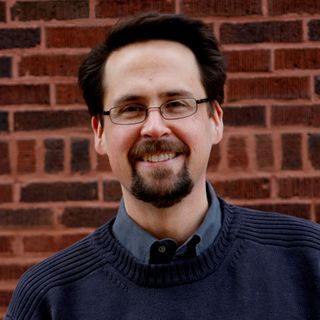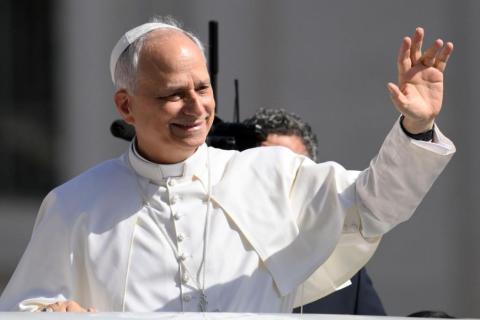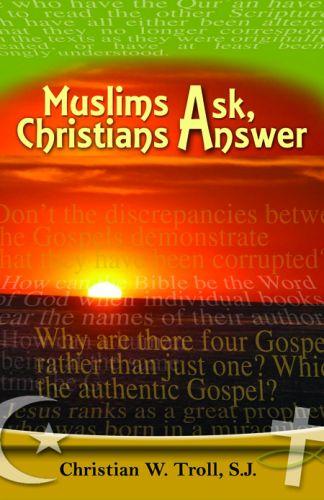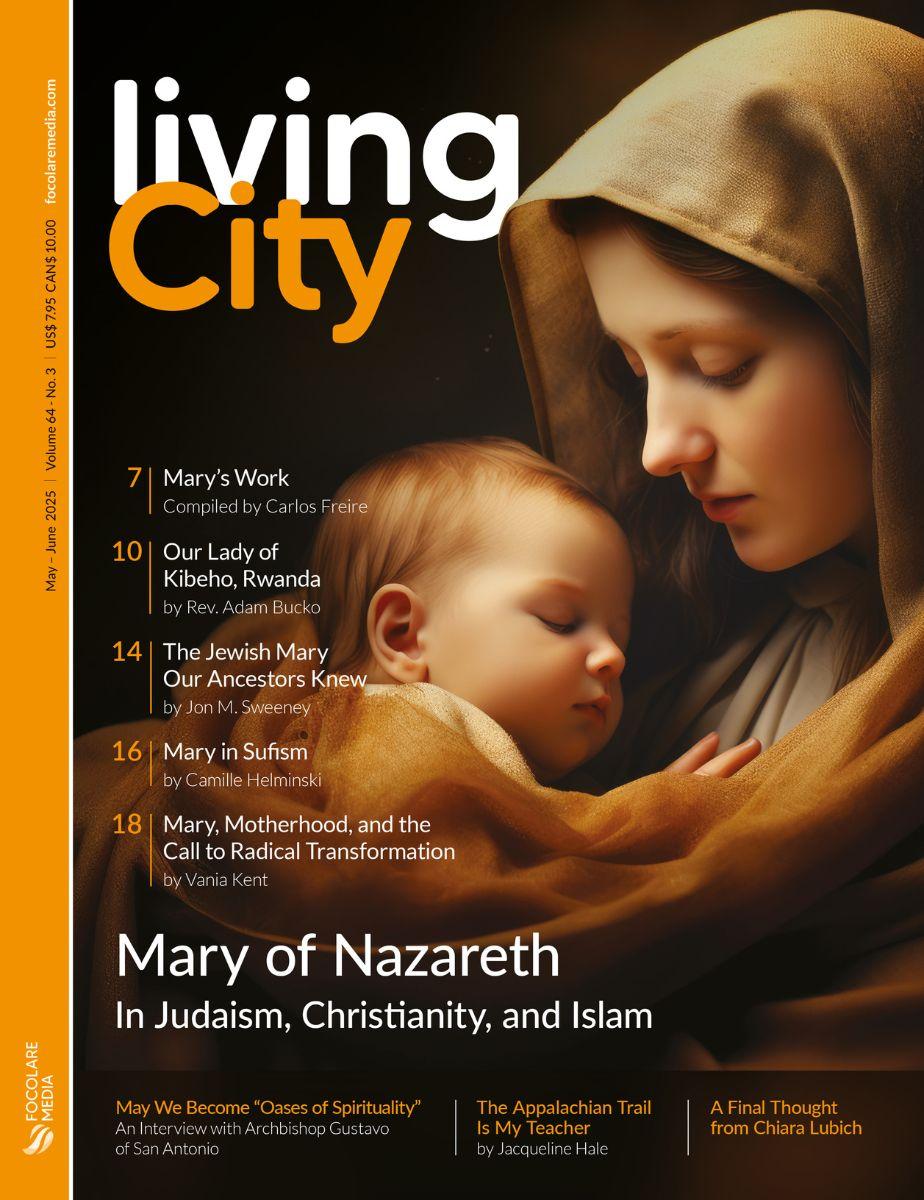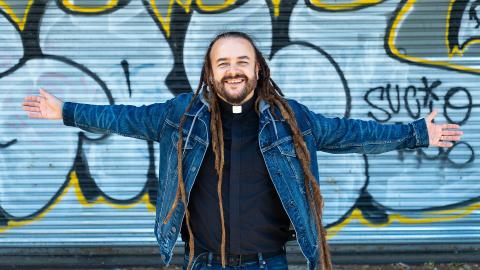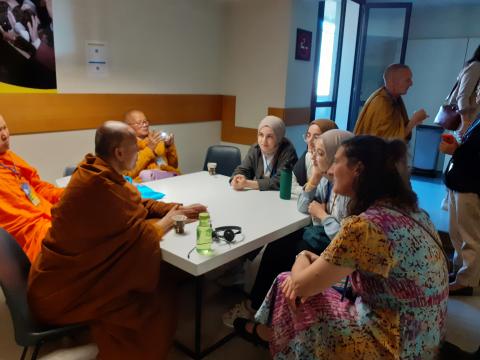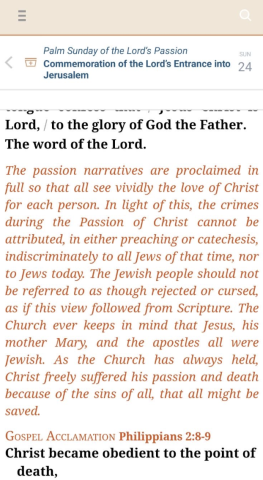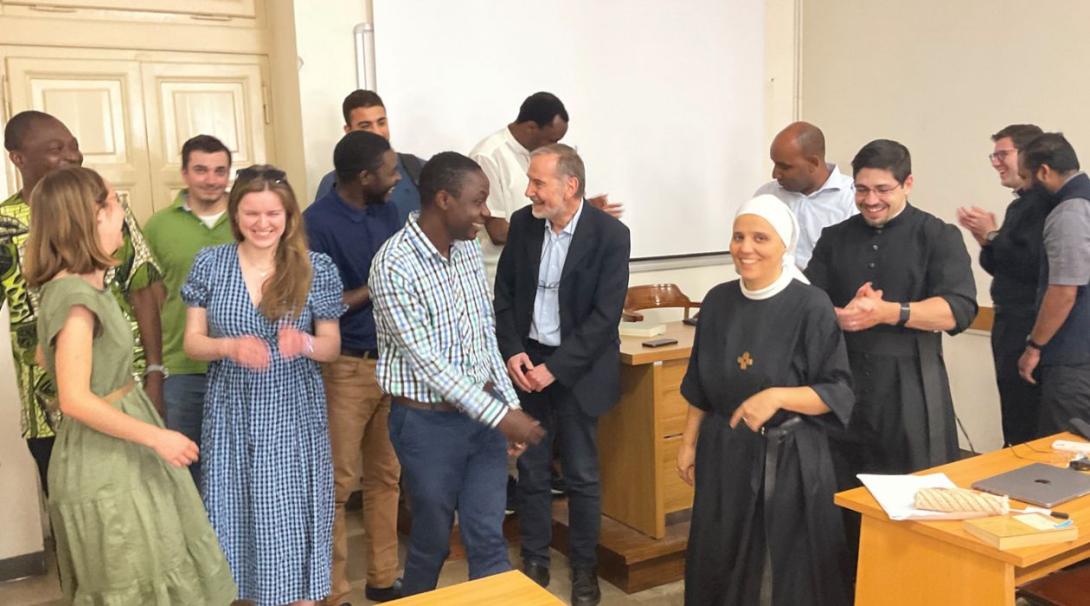
© Photo courtesy of Joseph Sievers
Few people have had as much experience in relationships, dialogue, and teaching across the Abrahamic faiths as Joseph Sievers, professor emeritus of Jewish History and Hellenistic Literature at the Pontifical Biblical Institute in Rome and a long-time member of the Focolare. I sat down with him in December at long distance, he in Rome, me in Milwaukee, for a conversation that is transcribed below. I have edited it for length and clarity.
Jon: You have such a long view of how the Abrahamics have been relating to each other that I want to begin by asking, How do you think we are doing? By “we” I mean those who are Christians, Jews, and Muslims. How are we doing at learning from each other, having relationships with one another, understanding each other? Are we doing better than we were doing, say, fifty years ago? Have we made progress?
Sievers: I think we have to see this in some way before October 7th and after October 7th. I don’t know how this will play out in the long run, but this suddenly has been a shock on many levels. I mean, September 11th [2001] was a similar milestone tragedy, and in the short run it certainly made interreligious relations, especially between Jews and Muslims, generally more difficult. I think that is the same situation now. But in the long run, I think Jewish-Muslim relations have grown.
I think many people realize that we simply have to work together more now than ever: Jews, Christians, and Muslims.
There have been instances, of course, of attacks on or by Muslims, but there also have been situations where Muslims have protected Jews, and vice-versa, or Christians have protected Jews, or tried to help Jews or Muslims who were persecuted. And so I think we have to look realistically.
I saw a recent piece by an Israeli professor who seems to have caught something correctly. He said that in Israel they are so traumatized by this situation [of October 7th], that most people, not everybody, but most people, are unable to see the suffering on the other side, on the Palestinian side. The trauma of many years is so great that many are unable to see the suffering on the other side.
So it takes people who are outside this situation to keep both sides in mind, in heart, and to be able facilitate dialogue where otherwise it would not be possible.
Jon: Yes, I can see that. One thing about my background you may not know is that I am a Roman Catholic who is married to a Reconstructionist Rabbi.
Sievers: Oh, I see.
Jon: And here in Milwaukee, my wife, as a Jewish leader, has had a very difficult time.
Sievers: Yeah, with her colleagues, since October 7th.
Jon: Yes. As my wife keeps saying to friends, she’s on Pope Francis’ side in the sense that she wants to acknowledge that there’s no greater value to a Jewish Israeli life than there is to a Palestinian Muslim or Christian life. And she is in a very small group that seems willing to say this. It has become clear that division in the Jewish community is great between those who say “Stand with Israel” no matter what, and those who say no.
So I guess what I’m asking is, are relations and divisions within our religious traditions and faiths so fraught right now that it leaves very little time to think about relationships outside? Do you see this, for instance, in Catholicism and Catholic institutions? Is there less focus on, and fewer resources given, to interfaith relationships and outreach than there used to be, because there’s so much focus on within the tradition itself?
Sievers: I would say the openness continues to be there at certain levels. The Bea Center for Jewish Studies at the Gregorian University, where I was director from 2003 to 2009, now has a licentiate program, which was unthinkable when I was there. And maybe they’ll develop a doctoral program. They have grown and have many more students now than when I was the center’s director. So there are positive signs in that direction.
On the other hand, you cannot keep up the initial enthusiasm for anything for fifty years. And so, if in 1965, Nostra Aetate brought partly enthusiastic, partly muted reactions, that enthusiasm somehow has had to fade. But the work that has been done since then and continues to be done is, I think, quite remarkable.
Jon: How about differences between different countries? I know you have a lot of experience in Germany, in Italy, in the United States. Are there challenges in those three countries, for instance, that are distinct or different from one another with regards to relationships between the Abrahamic traditions?
Sievers: Well, certainly every country is different in this regard. You mentioned Germany. I grew up there. Jewish-Christian relations in Germany are still under the shadow of the Shoah, of the Holocaust. It has been overcome in many situations, but somehow it comes back out and impacts Christian-Jewish relations as well as German-Israel relations in politics.
I think I was lucky, and I’m happy that I spent my student years, and some years after that in the United States. That’s where I was able to develop friendships casually with fellow students on campus, with professors, and with other people—such casual acquaintances, which I had never had in Germany. For me this was valuable to develop profound and lasting friendships even with people who had gone through the horrors of the Shoah.
One of my friends in Boston was a survivor from Vienna who then emigrated to New York. That’s where we met in the 1970s and developed a deep friendship. It happened because I was in New York where I met a student of mine, who asked if I would be willing to meet that person. That would not have happened that way in in Germany.
In Italy there is the situation with fascism, which was bad, but not as bad as Nazism, and the situation is different. But there is a German couple, actually, who organize every October a commemoration of the deportation of over a thousand Jews from Rome. There are also other commemorations done by the Community of Sant’Egidio, together with the local Jewish community.
Jon: Things have changed over the years…
Sievers: Things have changed a great deal. I lived in the U.S. in the seventies and eighties and I have visited so many times since then, but I can say your wife has a much clearer view of things, and maybe you too, but I think in the U.S. every religion is now a minority—even though they pretend to be a majority, or perhaps hope to be, such as when a candidate for the presidency says he wants to keep the blood uninfected by immigrants. Such talk would not be possible here in Europe, at least, not by the representative of a major party. There are extremists in all the countries, and these extremisms have been growing, but not to the extent of the polarization that you see in the United States.
Jon: There’s another question I’m hoping to have your long view perspective on, since Vatican II. There has been a lot of focus on Jewish-Christian relationships in the last sixty years. At many seminaries and universities, there’s a center for Jewish-Christian dialogue. But in recent years, this has evolved into a realization that Jewish-Christian is not enough, or is incomplete, that it needs to be Jewish-Christian-Muslim. Instead of focusing on a two-way relationship, do we now need to focus on all three major Abrahamics and how we relate to each other?
Sievers: The initial idea of Pope John XXIII was to say something against antisemitism, and out of that came Nostra Aetate, which addresses not only antisemitism. It’s a very short document, with about 1,200 words, I think, in the Latin original, in English and other languages, a bit more, but not much more. It’s the shortest document, I think, of Vatican II but it added Islam. And it added other religions also, with less detail.
This was a gradual discovery. There was a cardinal who said, at some point in these discussions, if we talk about the Jews, why not about Islam, about Muslims?
There is an asymmetry between Christianity or even Catholicism and Judaism. 14 million against something like 1 billion or a bit more. And there’s an asymmetry in that Judaism is central to Christianity and to a Catholic understanding of our own identity, as Nostra Aetate affirms. If we look at our own identity, we have to look at Abraham, and so on. So there is a different relation between Judaism and Christianity than between Christianity and any other religions.
But we are three faiths that base ourselves on Abraham and that has been brought out very clearly by the encounter of Pope Francis in Abu Dhabi in 2019, where he and the Sheikh [Grand Imam of Al-Azhar Ahamad al-Tayyib, a Sunni Muslim leader] signed a document of fraternity to which, later, some Jewish organizations also have signed on.
One of the first sentences of that document, if you don’t mind, I’ll pull up and read. It was called the document on “Human Fraternity for World Peace and Living Together,” and states in the second paragraph:
In the name of innocent human life that God has forbidden to kill, affirming that whoever kills a person is like one who kills the whole of humanity, and that whoever saves a person is like one who saves the whole of humanity.
Now this is a verse from the Quran. It is 5:32. And if you look in the Mishnah, which is quite a few hundred years earlier than the Quran, you find a similar saying there. That’s Mishnah Sanhedrin 4:5. You have exactly the same concept.
I don’t know what the earliest Christian source for this is, I’m afraid, but certainly we would agree. We said that every human being has been created in the image of God, and on that religious basis we are working together, and it’s referred to in this document about human fraternity. So there certainly has to be a dialogue.


